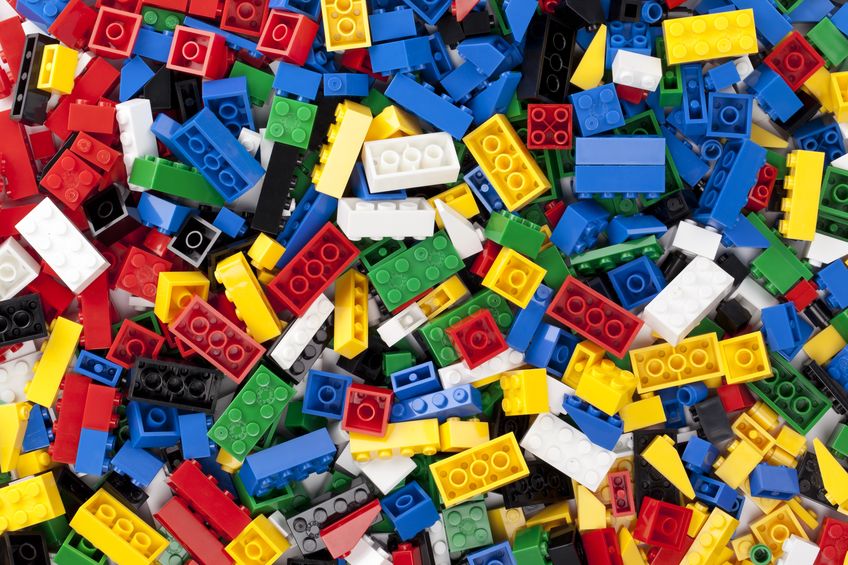One of the newest Greenpeace scare campaigns described in their literature says: “there is a sea of plastic garbage twice the size of Texas in the middle of the Pacific Ocean. “A new continent, Plastic Nation has emerged and threatens to kill the oceans in less than 10 years.”
Eight million tons of plastic flow into the oceans, but whole straws are believed to compose only .025% of that waste. While a good deal of waste comes from abandoned fishing gear, most comes from mismanaged land waste and 85% of that from developing nations including China, India, Indonesia and many others. The combined contribution of all countries in Europe and North America is believed to be less than 2%. And yet the State of California has banned plastic straws from restaurant tables and Seattle has banned plastic straws entirely.
Greenpeace is an independent business trading in scares that produced an income of $368 million in 2015 alone and has been rising 5% a year since the 1990s.
Their campaigns include (1) an issue labeled catastrophic or urgent, (2) a villain who can not put up a defense, (3) a simple solution unlikely to be implemented such as eliminate all plastics and the petroleum from which they are derived, (4) a call to action with ways for people to get involved so they can become committed to the campaign such as contributing money or marching in protest, (5) convincing the media to get on board, a very simple task, and (6) precise sounding statistics describing the problem which are psychologically compelling though generally pulled from thin air, universally made up, but can not readily be disproved. Ocean pollution by single use plastics has been remarkably successful for Greenpeace to keep the public in a state of outrage and the groups coffers full.
Patrick Moore, co-founder of Greenpeace, now dedicates himself to uncovering the many frauds perpetrated by the organization he helped form to save whales and baby seals. It was taken over long ago by those wishing to stifle capitalism much the same way the USEPA was used to bludgeon American industry with little positive impact on the environment.
Seabirds do eat plastic and feed it to their chicks along with other indigestible material which they need to grind their food because theylack teeth. In a report by Connolly et. al. 12/14/18 (tinyurl.com/yejve597, in 100 seabird carcasses, were found, an average of 10.63 grams of pumice, 1.83 grams of plastic, 0.63 grams of nuts and a gram of other indigestible materials. It appears the plastic does no harm and lasts only a few months before it needs to be replaced by other materials used to grind food.
Large pieces of plastic are known to serve as habitat for marine life. Over 1200 species ranging from algae to fish are known to grow on marine debris, as categorized in the publication Smithsonian Ocean.
Since plastics are made from petroleum, it is not surprising that they have a high energy content. Non recycled plastic has an energy value 19% higher than petroleum coke, 37% higher the than U.S. Coal and 87% higher than wood (with which one of us heats his home).
If all municipal solid waste, headed to U.S. landfills, were diverted to waste-to-energy facilities, enough electricity could be produced to power nearly 14 million homes, almost 12% of American households. Less than 12% of U.S. garbage is used in that manner. Europe has four times as many waste-to-energy facilities as the U.S.. Plastics can also be converted back to the oil from which it came. But Greenpeace has no interest in recycling or efficient use of resources, preferring to ban for ITS evil program in order to maintain the hoax that keeps the money machine producing.
Greenpeace has been remarkably opposed to the circular economy that recognizes that waste is commonly a resource out of place. It actually argues that economic growth should be abandoned along with the least fortunate of the world’s citizens, whose future it dismisses. This is the typical Greenpeace modus operandi. They reject any alternate solutions to their draconian admonitions, as being completely inadequate.
Greenpeace is truly an evil force in the world today. By limiting economic progress that could raise the standards of living of the poorest of the poor, they continue to promote abject poverty in many parts of the world, financed by citizens who buy their many lies.
Portions of this essay were excerpted with permission by our senior author from Civil Defense Perspectives May 2019 (vol 34 #3)
Dr. Jane Orient is Executive Director of the Association of American Physicians and Surgeons and President of Doctors for Disaster Preparedness.
